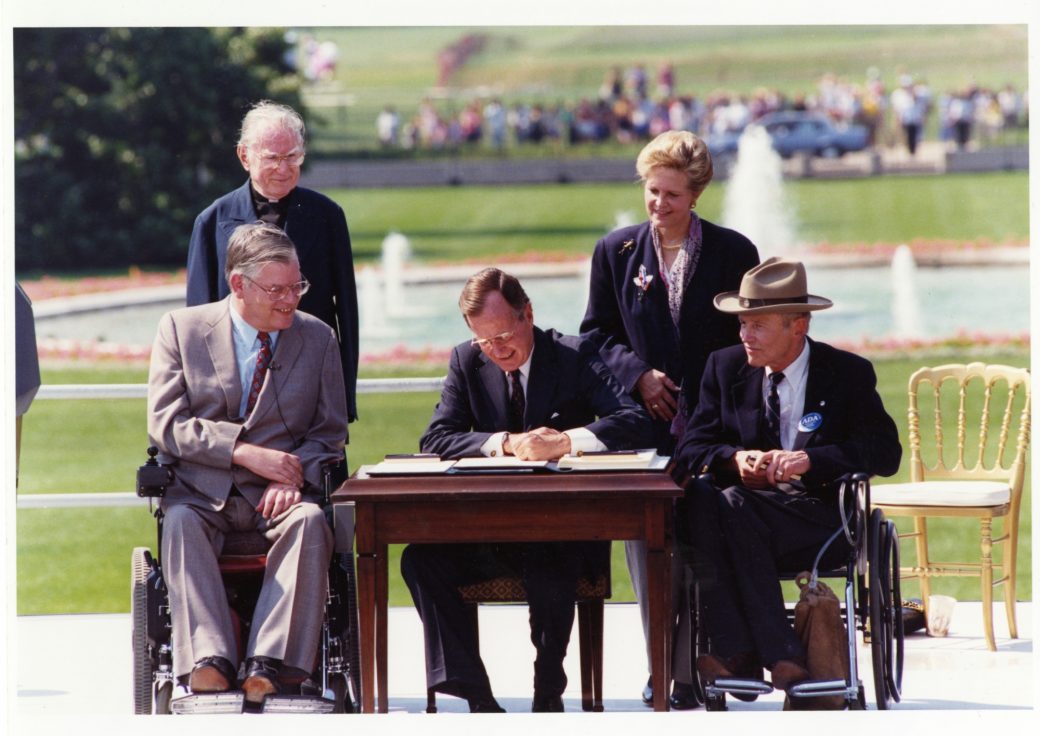Capitol Correspondence - 07.25.23
An Enduring Legacy: 33 Years of the ADA’s Bipartisan Impact

Share this page
Stay Informed on the Latest Research & Analysis from ANCOR
More News
Stateside Report - 04.21.25
Stateside Report: April 21, 2025

Capitol Correspondence - 04.15.25
Trump Administration Directs Deregulation Without Notice and Comment, Citing Supreme Court Rulings
Press Release - 04.11.25

